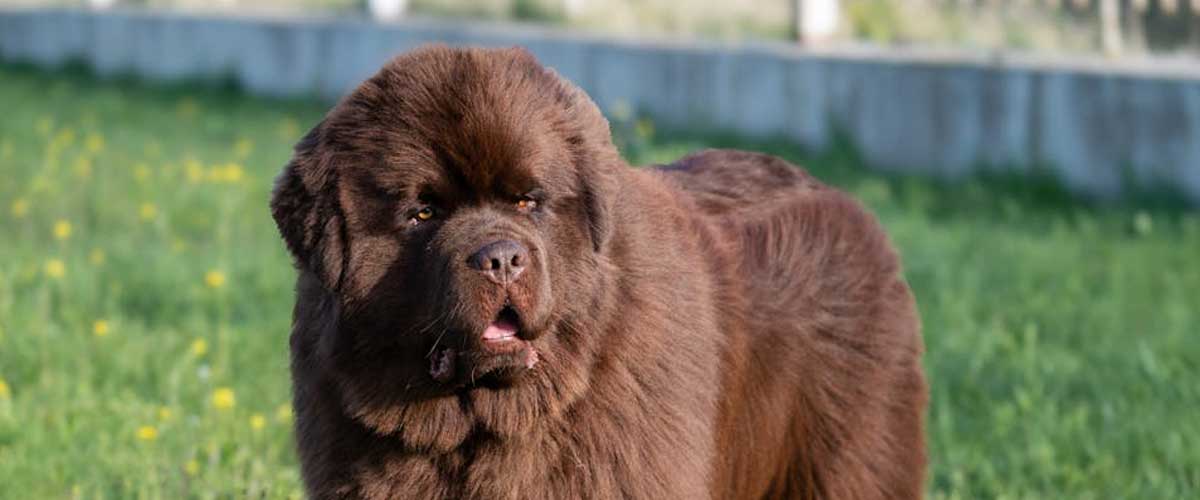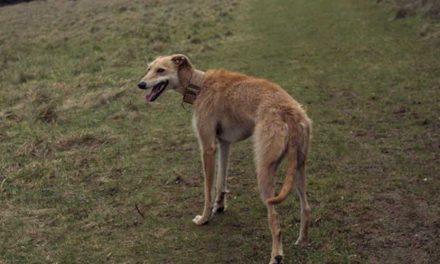The Newfoundland dog is a breed renowned for its impressive size, gentle demeanor, and remarkable swimming ability.
Originating from the island of Newfoundland in Canada, these dogs were initially bred to assist fishermen and later gained popularity as family companions due to their friendly nature and loyalty.
History and Origins
The Newfoundland’s history dates back to the 18th century, where it was developed from a variety of working dogs, including the now-extinct Greater St. Bernard and other breeds brought to Newfoundland by European settlers.
They were essential helpers for fishermen, as they were proficient at pulling nets, retrieving ropes, and even rescuing people who had fallen overboard.
Their thick, water-resistant coats enable them to work efficiently in cold, harsh environments, making them one of the best water dogs.
Physical Characteristics
Newfoundlands are large and powerful dogs, with males typically weighing between 130 to 150 pounds and females between 100 to 120 pounds.
They have a distinctive shaggy coat that can come in various colors, including black, brown, and Landseer (white with black markings).
Their webbed feet and muscular build contribute to their exceptional swimming abilities, allowing them to move through water effortlessly.
Temperament
Newfoundlands are known for their sweet and gentle temperament.
They are incredibly friendly, making them excellent family dogs and companions.
Their patience and calm demeanor make them great with children, and they are often referred to as “gentle giants.”
Despite their size, Newfoundlands are sociable and enjoy being part of the family.
They are also known to be quite protective and will instinctively guard their loved ones.
Health Considerations
Like many large breeds, Newfoundlands are prone to certain health issues, such as hip dysplasia, elbow dysplasia, and heart conditions like dilated cardiomyopathy.
Regular veterinary check-ups, a balanced diet, and proper exercise can contribute to their overall health and well-being.
Care and Exercise
Due to their large size, proper training and socialization from an early age are essential for Newfoundlands.
They are intelligent and eager to please, which makes them relatively easy to train.
Daily exercise is important to maintain their physical and mental health, though they are not as high-energy as some other breeds.
Swimming is an excellent activity for them, as it allows them to engage in physical exercise while also utilizing their natural swimming abilities.
Conclusion
The Newfoundland dog is a remarkable breed that combines strength, intelligence, and a loving nature.
They make wonderful companions for families and individuals who can provide them with the attention and care they need.
Their rich history as working dogs and their affectionate demeanor continue to endear them to dog lovers around the world.
If you’re considering adding a Newfoundland to your family, be prepared for a loyal, gentle giant ready to make a big splash in your life!









